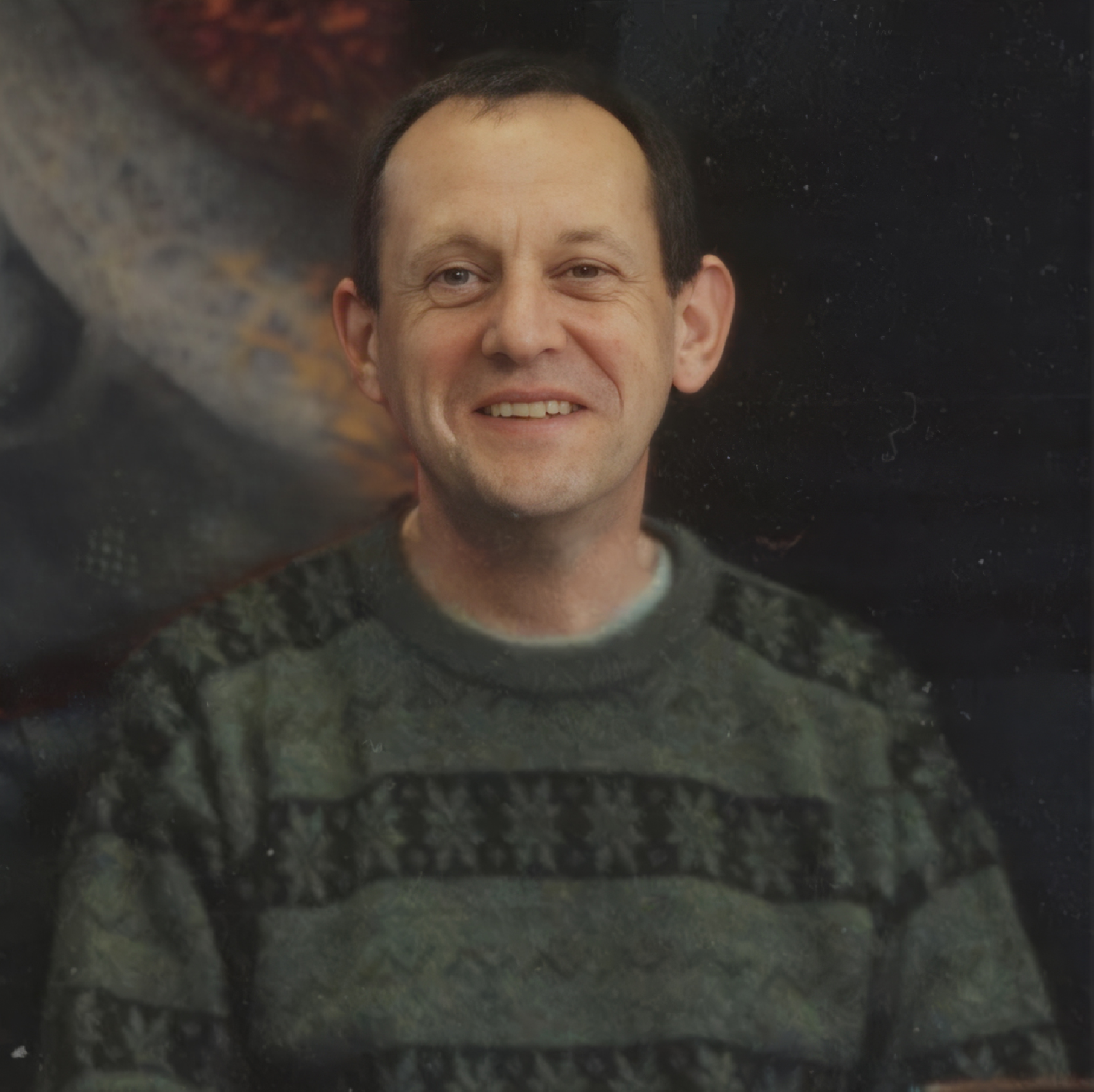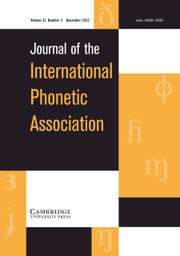
John Kelly, phonetician, phonologist and Africanist, died in Leeds on 30 December 2023 at the age of 87. He was born in Davyhulme, a small town on the outskirts of Manchester on 23 August 1936. He was proud of his Northern roots. One of the first academic articles he published was based on the dialect of his home town, as was one of his last academic conference presentations, in 2000 in Sankelmark Germany, where he returned to the same subject.
John read French and German at the University of Manchester and graduated in 1959 with a First Class Honours degree in Modern Languages. In 1961 he began postgraduate study at Edinburgh in the Department of Phonetics under David Abercrombie with whom he would go on to enjoy a life-long friendship. He was an assistant lecturer in phonetics at the University of Edinburgh from 1961 to 1964, and a lecturer in phonetics at the University of lbadan, Nigeria, from 1964 to 1965. He then became a lecturer in phonetics and linguistics at SOAS moving to the Department of Language, as it then was, at the University of York in 1972 to teach Swahili and Phonetics. He retired as Reader in Phonetics and Linguistics in 1998.
John was an astonishingly acute auditory and impressionistic phonetician. Anyone who had the good fortune to co-teach with him or be taught by him could not fail to be amazed by the details he could observe and comment on during impressionistic recording sessions with informants. In one such session we were recording utterances of a Fula speaker from Guinea. Having elicited the singular and plural of ‘stone’ as approximately [haɪɾɛʔ] (sing.) and [ka ː ʄɛʔ] (plur.), John commented, almost as an aside, that you could think of the plural as suppletion, but it might just as well be an overall difference of tongue configuration, with the tongue in a concave configuration for the singular, but convex for the plural. This was inextricably linked to the skill of observing and describing his own articulatory patterns. This is perhaps best illustrated by the introductory paragraph to his review of Kreidler (Reference Kelly1989):
‘In my pronunciation of words such as glade, glaze the initial velar contact is released backward as well as downward; in grade, graze it is released with a slight forward movement. But in the composite big raid the closure is released backward, and not as in grade; it is, in addition, made further back.’
John was also a gifted phonologist. He was brought up in the tradition of Firthian Prosodic Phonology in which he was the leading practitioner and promulgator of his generation. He had the good fortune to be trained by and work with some of Firth’s contemporaries during his years in SOAS: Eileen Whitley, Jack Carnochan, Keith Sprigg, Eugénie Henderson and Ken Albrow to name but a few. Despite its problems (lack of formalism, lack of transparency), John took on board, probably more seriously than anybody else working in the framework, that no phonetic detail could be disregarded at the outset. His phonetic description and phonological treatment of patterns in the Fang vowel system perhaps best illustrate his attention to phonetic detail and ability to relate those details to the level of phonological abstraction.
John had an ambivalent relationship with experimental phonetics. He admitted to having been slightly traumatised by the hours spent tracing sonagrams in the cellar for the analogue speech synthesis system being developed during his time in Edinburgh. However, in 1987, during a research sabbatical spent at IBM’s research and development laboratory in Hursley, Winchester, he carried out some electropalatography on his own speech, but this did not lead to any substantial publication.
He published on a variety of African languages including Swahili, Fang, Xhosa and Urhobo as well as Polish, North Welsh and English dialects. His work on the phonetics and phonology of English is well-represented in the Case Studies on Aberrant Speech, Dialect and Accent, and Creolisation in Doing Phonology, the book he co-authored with John Local.
In the 1980’s and 90’s he was the driving force behind the series of York Colloquia in Prosodic Analysis which brought together the remaining original practitioners of Firthian Analysis and young academics to discuss the development and intricacies of FPA. In turn this led to one of John lasting legacies – the creation of the Firthian Prosodic Archive at York – a unique and extensive collection of papers, seminar notes, handouts, lecture notes, personal letters and other documents relating to the development and practice of Firthian Prosodic Analysis. He had a longstanding interest in the History of Phonetics and in his retirement he was working on a study of the early phonetician Alexander Ellis.
John was a wonderful colleague, mentor, research collaborator and a dear friend. His influence can be seen in the teaching and research output of his students, a number of whom went on to senior positions in phonetics all over the world, including Professorships in the UK, Europe and America. A gentle, wise and caring man. He is greatly missed.



